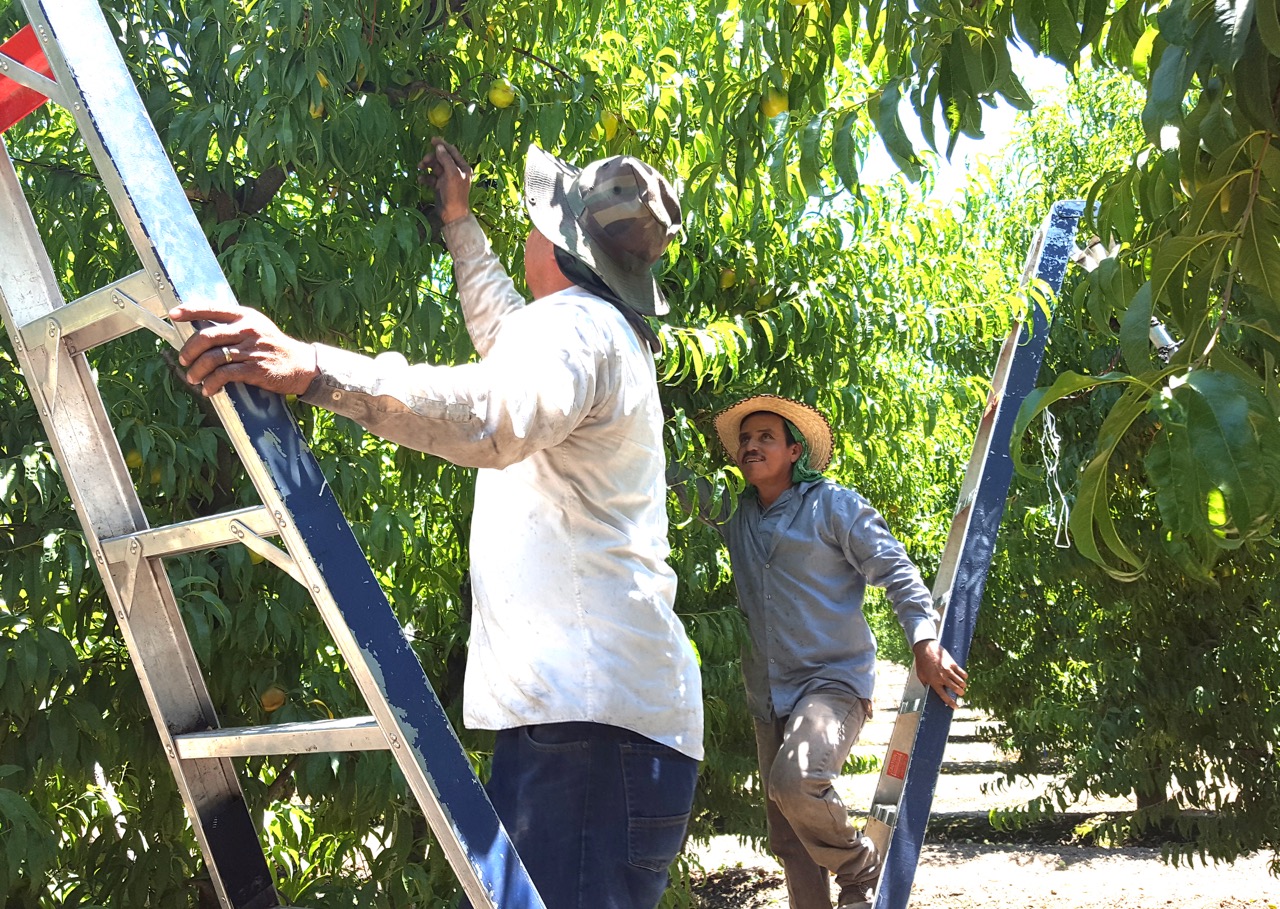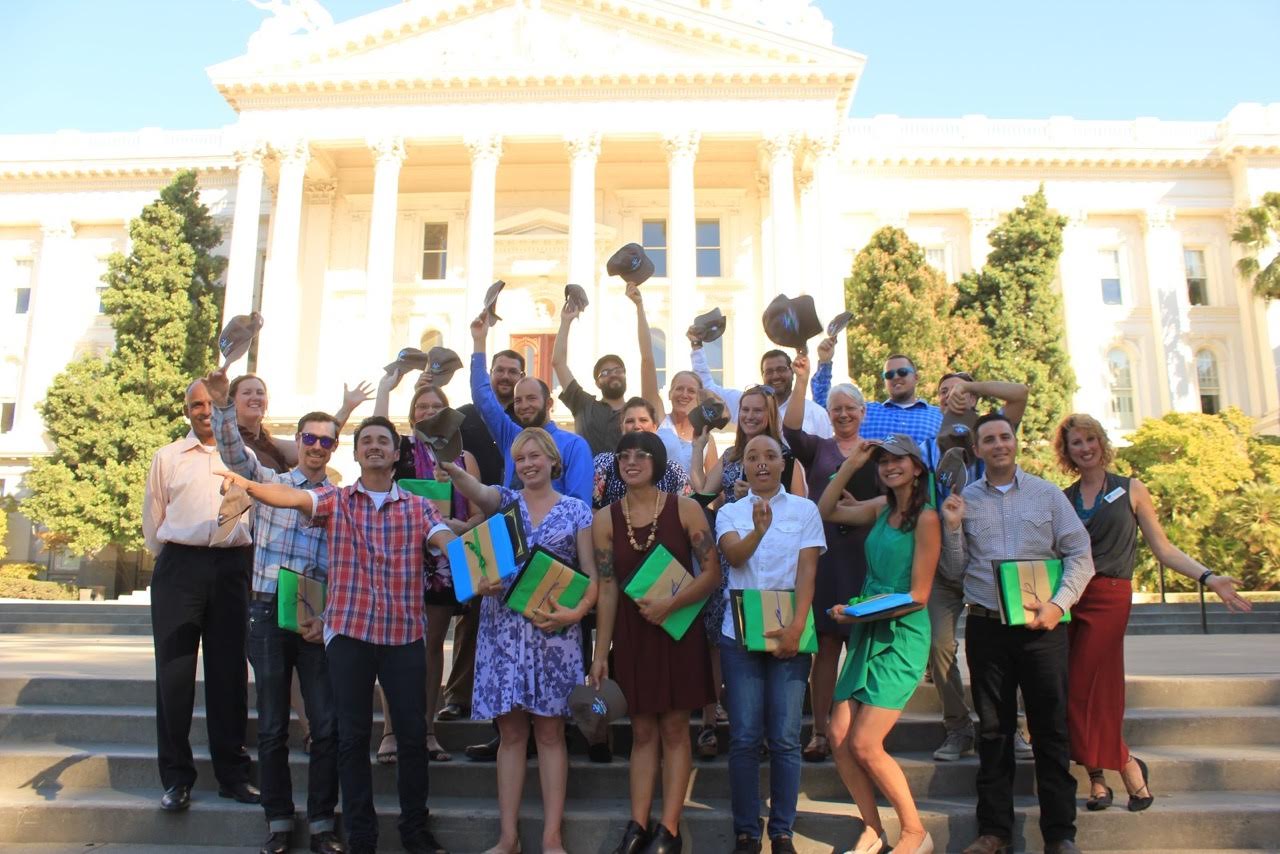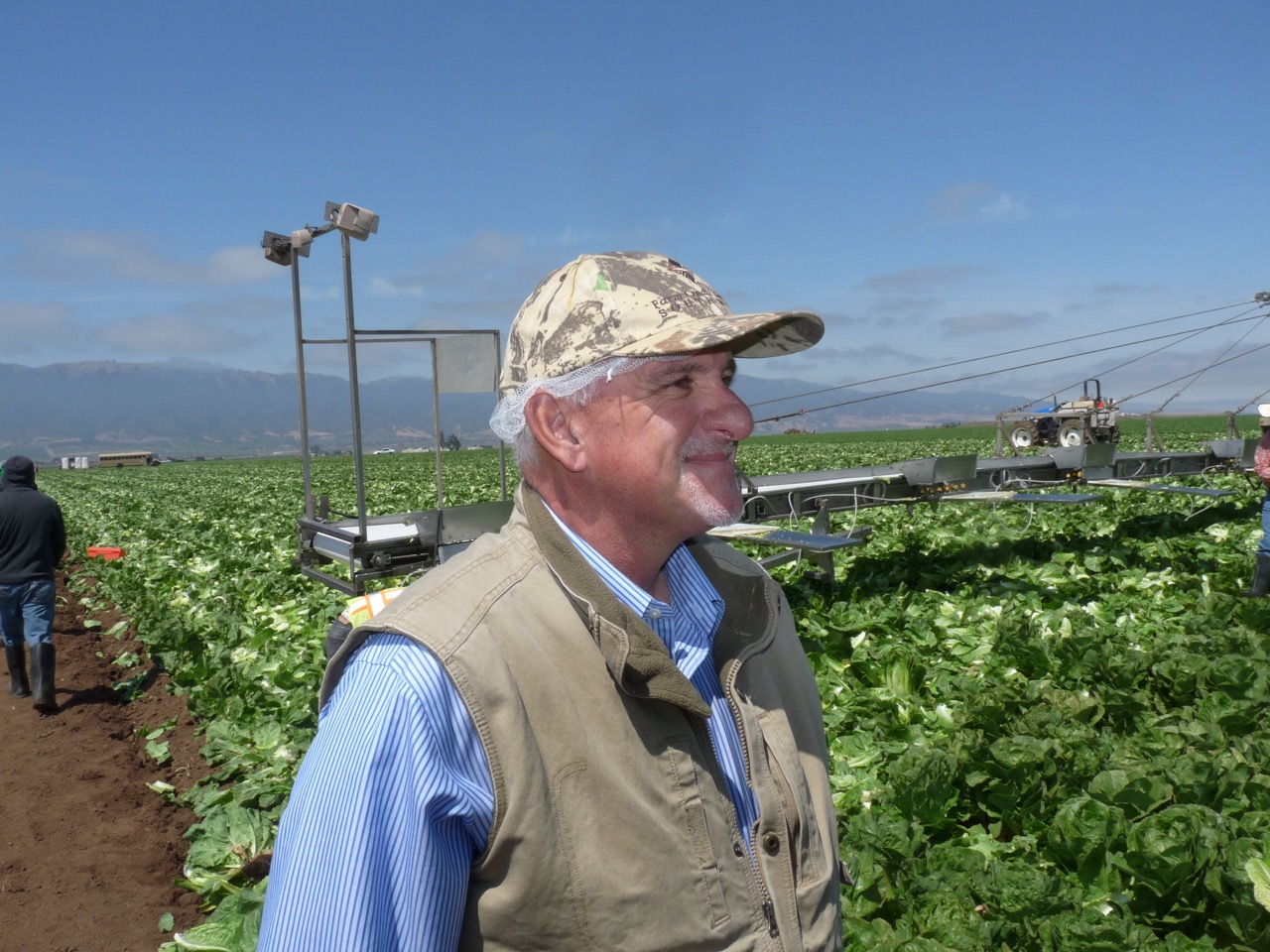California Fresh Fruit Association: Top Issues in 2019
Immigration and Labor Cost are Big Issues
News Release
The California Fresh Fruit Association (CFFA) recently announced their Top Issues for 2019. Members were surveyed in December 2018 and ranked the top issues for CFFA to concentrate on in 2019.
President of the California Fresh Fruit Association, George Radanovich, stated “As in years past, our membership has given us strong direction in identifying their top priorities for 2019. The issues of labor, water, and food safety, will lead our list of issues. CFFA will continue to serve as the primary liaison between regulatory and legislative authorities by acting as the unified voice for our members on these and many other issues.”
Here are the results:
1) Federal Immigration Policies Addressing Current and Future Labor Force
2) Increasing Wage Costs (Base Wages/OT Thresholds)
3) Water Supply Availability and Curtailment
4) Immigration Enforcement (ICE)
5) Groundwater Management Requirements (S.G.M.A.)
6) Labor Regulatory Compliance
7) Water Quality Requirements and Clean Drinking Water Liability
8) Federal and State Food Safety Compliance Requirements
9) Health Care Costs (Policy Costs/Paid Sick Leave)
10) Plant Health Materials (Pesticide, Herbicides, Fungicides, etc.)
As always, it will be the Association’s goal to work on behalf of its members to address these issues and many more, in an effort to create a better working environment for their businesses.





























